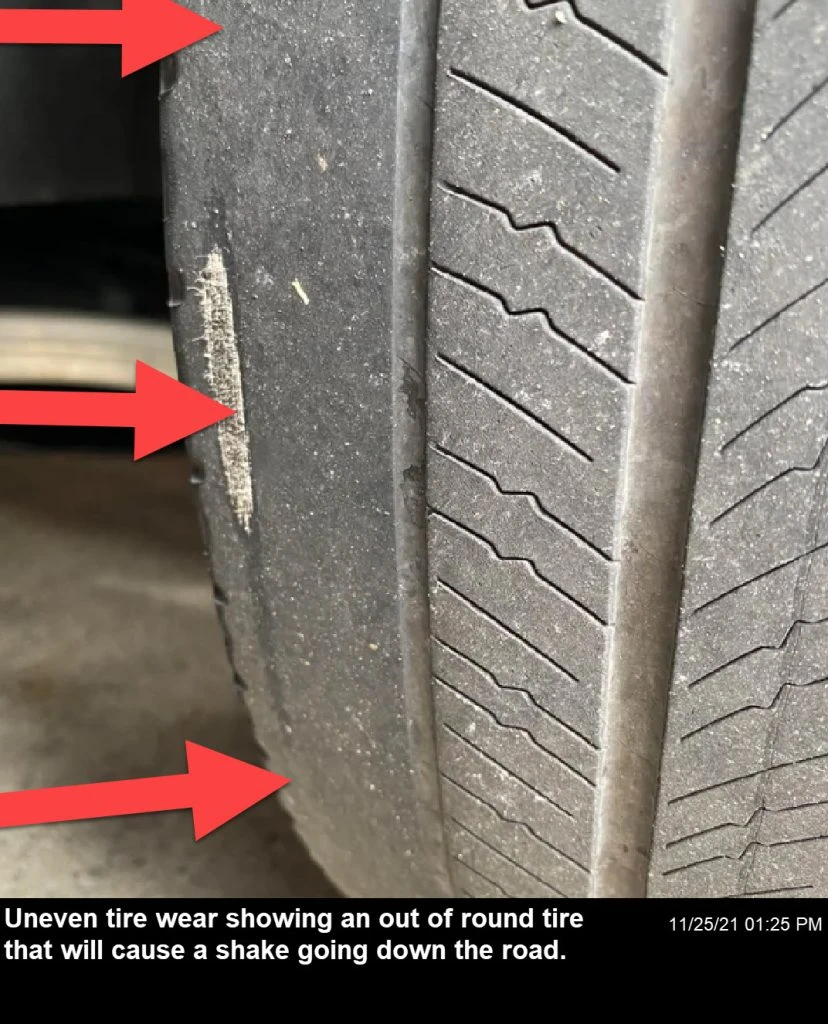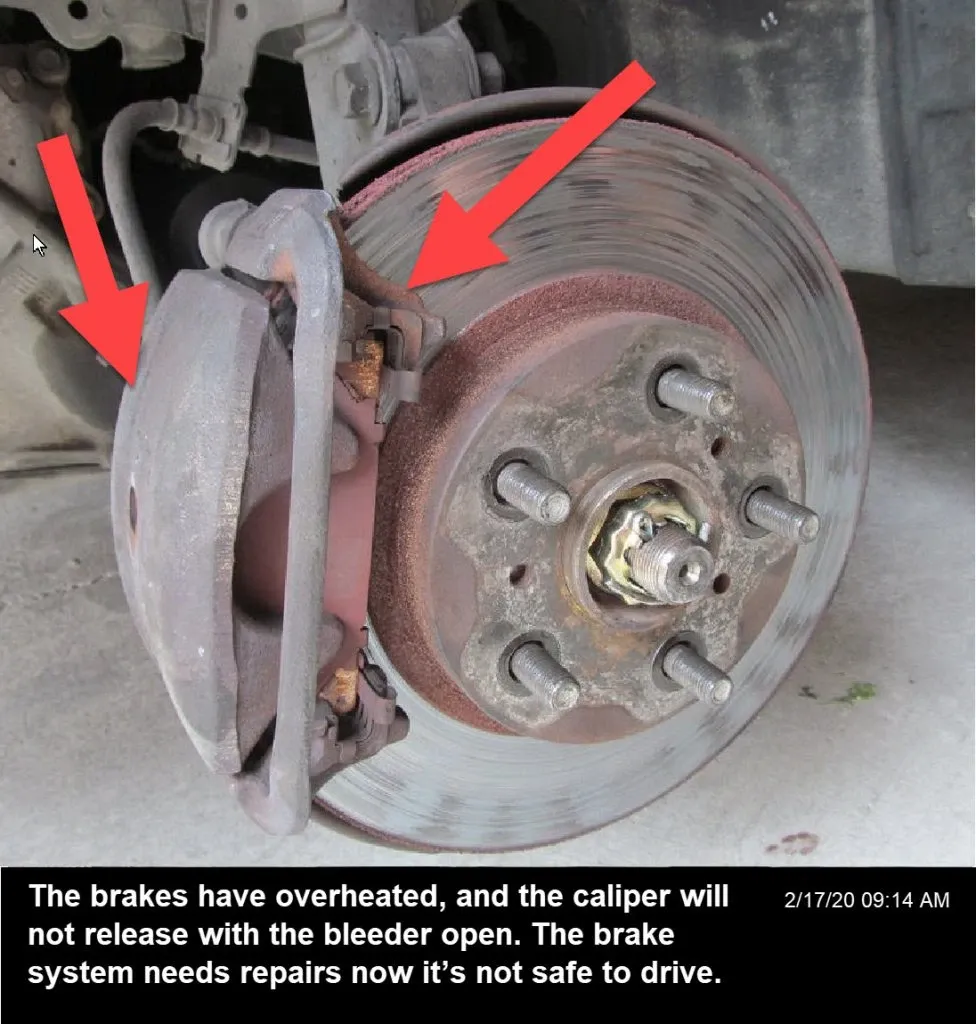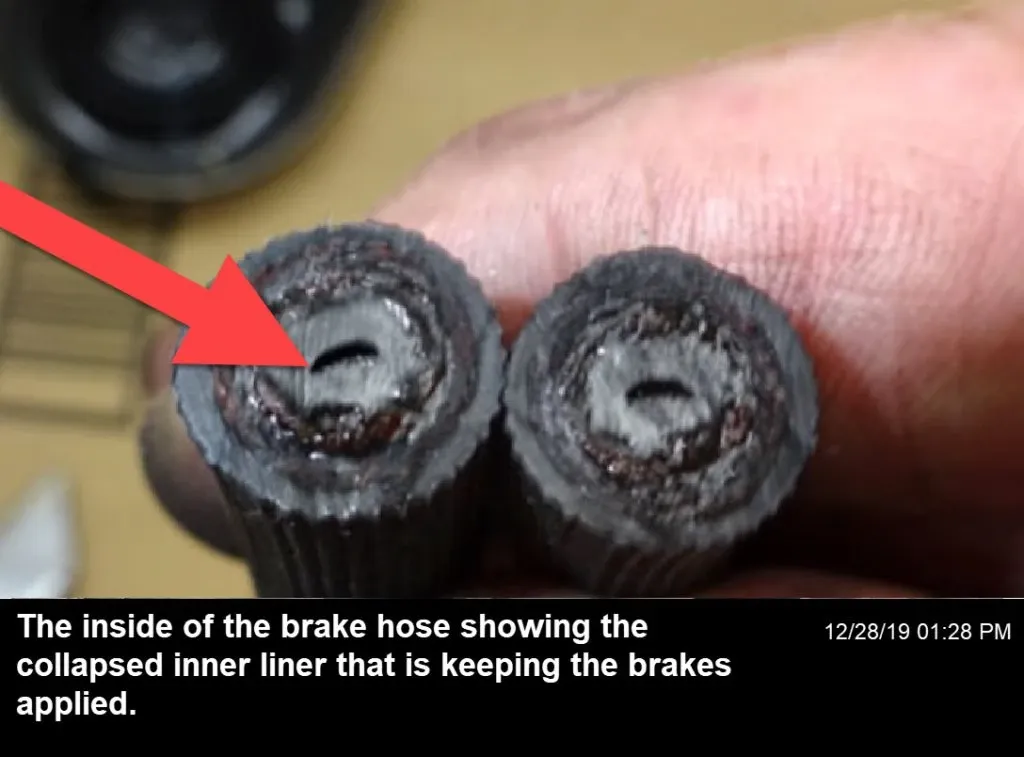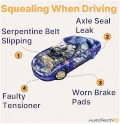
Here's why trailer repair and routine maintenance is important for truckers:
Safety
A malfunctioning trailer can be a major safety hazard. Neglected repairs on brakes, lights, tires, or coupling systems can lead to accidents that injure yourself, other drivers, or damage property.
Regular maintenance and prompt repair of any issues minimizes the risk of breakdowns on the road, which can be dangerous situations.
Livelihood
A broken-down trailer means delayed deliveries, unhappy customers, and potential loss of income. By staying on top of repairs, you avoid delays and ensure your ability to earn a living.
Some repairs left unattended can worsen and become much more expensive to fix later. Timely repairs save money in the long run.
Compliance
Trailers are subject to roadside inspections, and failing one due to a preventable repair issue can lead to fines and being placed out of service until the problem is fixed.
Maintaining a safe and compliant trailer is not just about avoiding fines, it's about being a responsible driver on the road.
Peace of Mind
Knowing your trailer is in good working order gives you peace of mind while driving. You can focus on the road and your delivery without worrying about potential breakdowns or safety risks.
Overall, trailer repair is an investment in your safety, your livelihood, and your peace of mind as a trucker.
What systems do you need to check before pulling a trailer?
If you're driving a truck, you'll need to take it for regular maintenance before hitting the road with it. So, regardless if it's a diesel truck or a light truck pulling a small trailer, make sure it's safe to drive.
Vehicle
- Tires: Check the tire pressure on both your tow vehicle and trailer, including any spare tires. Make sure they are inflated to the recommended pressure specified in the owner's manuals for both the vehicle and trailer. Uneven or incorrect tire pressure can affect handling and fuel efficiency, making the vehicle shake while driving.

- Fluids: Check engine oil, transmission fluid, coolant, and power steering fluid for proper levels and conditions. Towing a trailer puts extra strain on your vehicle's engine, so it's important to make sure all fluids are topped up and fresh.
- Brakes: Ensure your tow vehicle's brakes are functioning properly. You may also want to have your trailer brakes checked professionally, especially if your trailer has electric brakes or air brakes. Also, check if the brake light is active on your vehicle's dashboard.

- Lights: Verify that all of your tow vehicle's lights, including headlights, taillights, brake lights, turn signals, and hazard lights, are working correctly. Also check that all the trailer lights are functional including clearance lights, taillights, brake lights, and turn signals. Faulty lights can make it difficult for other drivers to see you, especially at night or in bad weather. Also, check your vehicle's dashboard to ensure it's not showing any warning lights.
Trailer
- Coupling: Inspect the hitch on your tow vehicle and the coupler on the trailer for any signs of wear or damage. Ensure the coupler is properly latched and secured with the safety pin.
- Safety Chains: Double-check that the safety chains are crossed underneath the trailer tongue and securely connected to both the tow vehicle and the trailer frame. Safety chains act as a last resort to prevent the trailer from becoming separated from the tow vehicle in case of a hitch failure.
- Tires: Just like your tow vehicle, check the tire pressure on your trailer tires and ensure they are inflated to the recommended PSI.
- Lights: As mentioned previously, verify that all the trailer lights are working correctly.
- Brakes: If your trailer has brakes, especially air brakes, make sure they are functioning properly. A trailer with faulty brakes can significantly increase stopping distances, cause sticky brakes, and lead to dangerous situations.

- Cargo: Make sure the cargo in your trailer is secured properly. Shifting cargo can cause the trailer to sway or become unbalanced, making it difficult to control.
Additional Checks
- Breakaway System: If your trailer has a breakaway system, ensure the breakaway cable is properly attached to the tow vehicle and the trailer. A breakaway system is designed to activate the trailer brakes in the event of a separation from the tow vehicle.
- Mirrors: Make sure your mirrors are properly adjusted to provide a good view of the sides and rear of the trailer. Blind spots are magnified when towing a trailer, so having properly adjusted mirrors is essential for safe driving.
By taking the time to perform a thorough pre-trip inspection, you can help ensure a safe and smooth towing experience.
What is the difference between a trailer and a utility trailer?
The terms "trailer" and "utility trailer" are often used interchangeably, but there is a subtle difference.
-
Trailer: This is a general term for a vehicle towed behind another vehicle for transporting cargo. It can come in many varieties, including:
- Utility trailers: Open-bed trailers with no walls or roof.
- Cargo trailers: Enclosed trailers with walls and a roof offer protection for cargo.
- Car hauler trailers: Trailers specifically designed to transport vehicles.
- Boat trailers: Trailers designed to carry boats.
- Dump trailers: Trailers with a bed that can hydraulically tilt to unload loose cargo.
-
Utility Trailer: This is a specific type of trailer that has an open, flatbed design with no walls or roof. They are versatile for hauling a wide variety of cargo shapes and sizes that might not fit inside an enclosed trailer. They are also generally lighter weight and more affordable than enclosed cargo trailers.
So, all utility trailers are trailers, but not all trailers are utility trailers. The term "trailer" is the broader term encompassing many different hauling solutions, while "utility trailer" refers to a specific type of open-bed trailer.
How often do you need to service a trailer?
The service frequency for a trailer depends on two main factors:
How often you use it
Trailers that are used heavily (daily or for commercial purposes) will need more frequent servicing than those that are used infrequently (a few times a year).
The type of trailer
Some trailer components, like brakes and wheel bearings, need more frequent attention than others.
Trailer service general guideline
-
Frequent (every 6 months or less):
-
Trailers used daily or for commercial purposes
-
This service should include checking and potentially servicing brakes, lights, tires, wheel bearings (greasing), and the coupler and safety chains.
-
-
Less Frequent (every year):
-
Trailers used infrequently (a few times a year)
-
This service should include a visual inspection of the entire trailer, like checking lights, tires, and coupler for wear or damage.
-
Additionally:
-
Before every trip: Perform a basic check of tires, lights, couplers, and safety chains.
-
Refer to your owner's manual: The manufacturer's recommendations for your specific trailer will supersede any general advice. The manual will detail service intervals for specific components like brakes and wheel bearings.
By following a regular maintenance routine, you can ensure your trailer is safe, reliable, and lasts for many years.
What is the average lifespan of a trailer?
The average lifespan of a trailer depends heavily on several factors, but here's a ballpark range to set expectations:
- 10 to 20 years: This is a common range for trailers with proper care and maintenance.
- Less than 10 years: Poor maintenance, frequent use with heavy loads, or exposure to harsh conditions can shorten a trailer's lifespan.
- Over 20 years: High-quality trailers with meticulous maintenance can last considerably longer, sometimes exceeding 30 years.
How do different factors influence a trailer's lifespan?
Type of Trailer
Different trailers are built for various purposes and experience varying wear and tear. For instance, enclosed cargo trailers protected from the elements might last longer than open utility trailers used regularly.
Build Quality
Trailers made with sturdier materials and better construction techniques generally tend to last longer.
Maintenance
Regular inspections, servicing, and addressing any issues promptly are crucial for extending a trailer's lifespan. Proper maintenance helps prevent minor problems from snowballing into bigger, more expensive repairs later.
Usage Patterns
Frequency of use and the weight of cargo hauled can impact how quickly a trailer wears down. Trailers used commercially for daily heavy-duty hauling will experience more wear and tear compared to those used occasionally for light loads.
Environmental Conditions
Exposure to harsh weather, like road salt in winter or constant sunshine in hot climates, can accelerate wear and tear on a trailer. Proper storage practices, like keeping the trailer out of direct sunlight and away from moisture when not in use, can help extend its lifespan.
By understanding these factors and following recommended maintenance practices, you can maximize the lifespan of your trailer and get the most value out of your investment.






